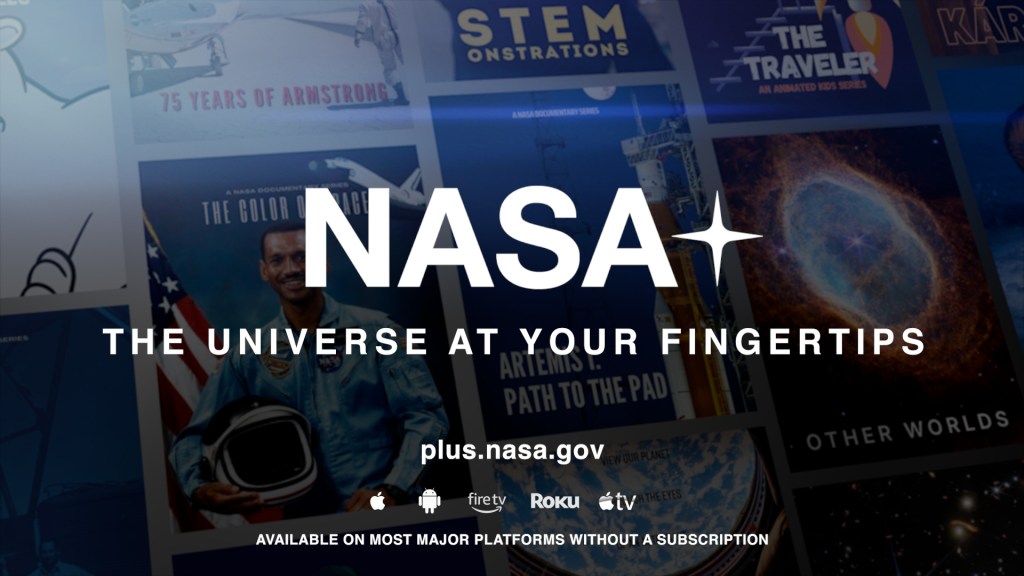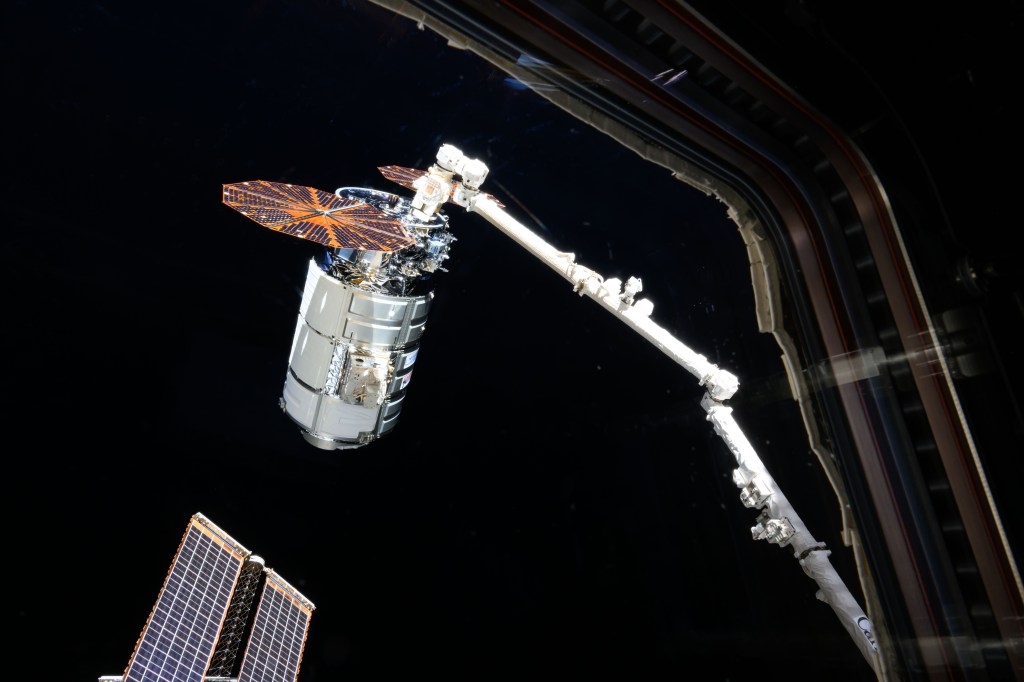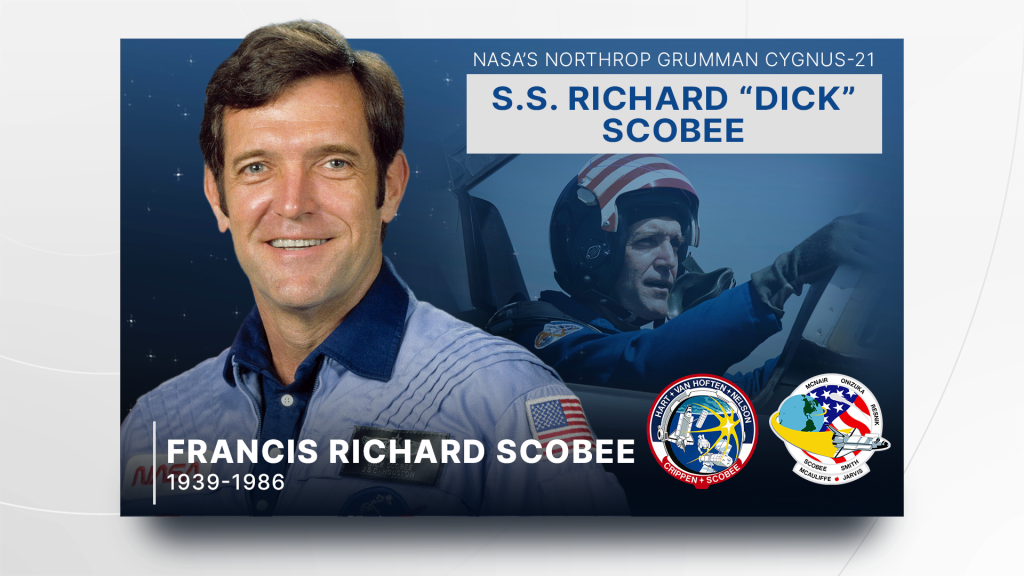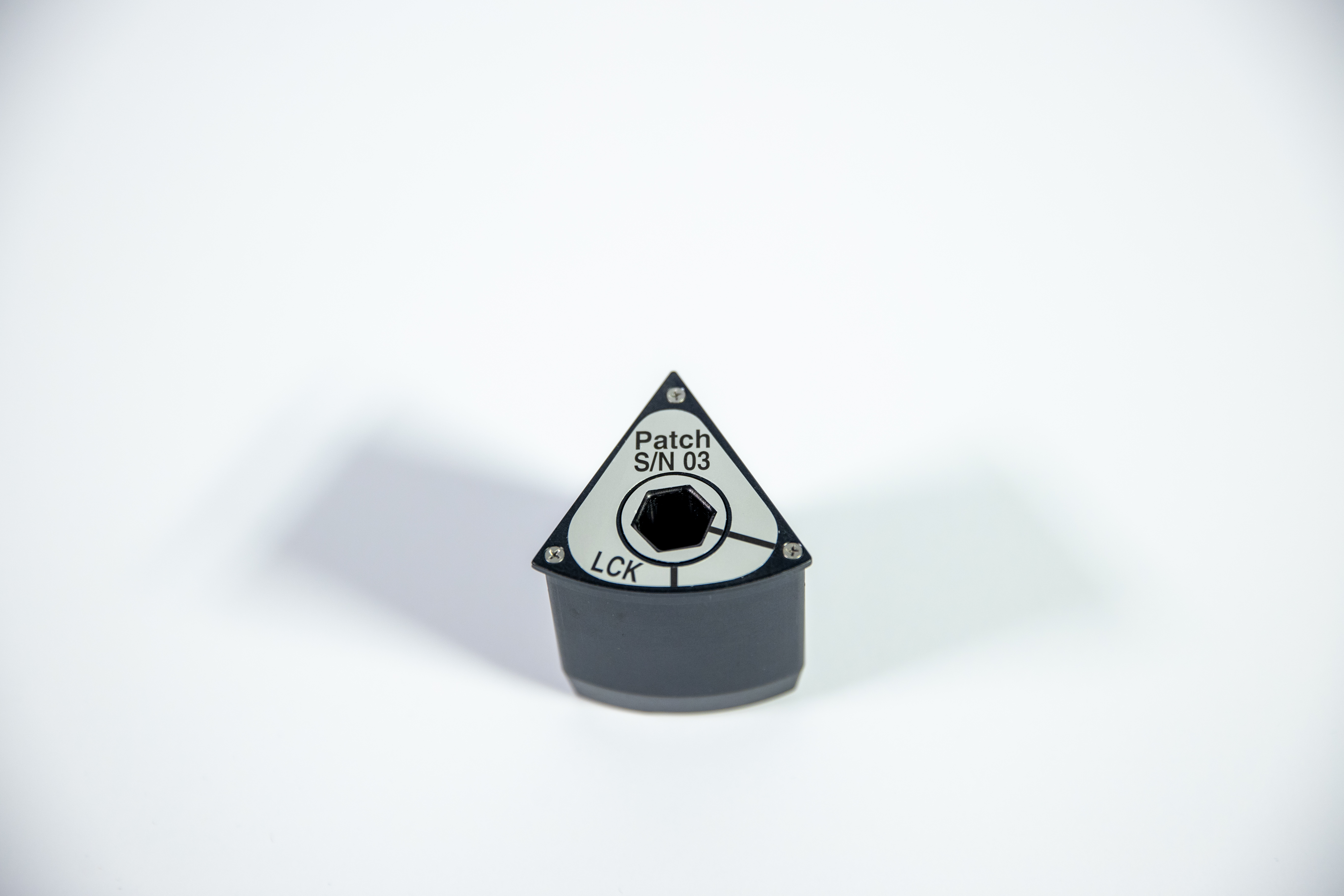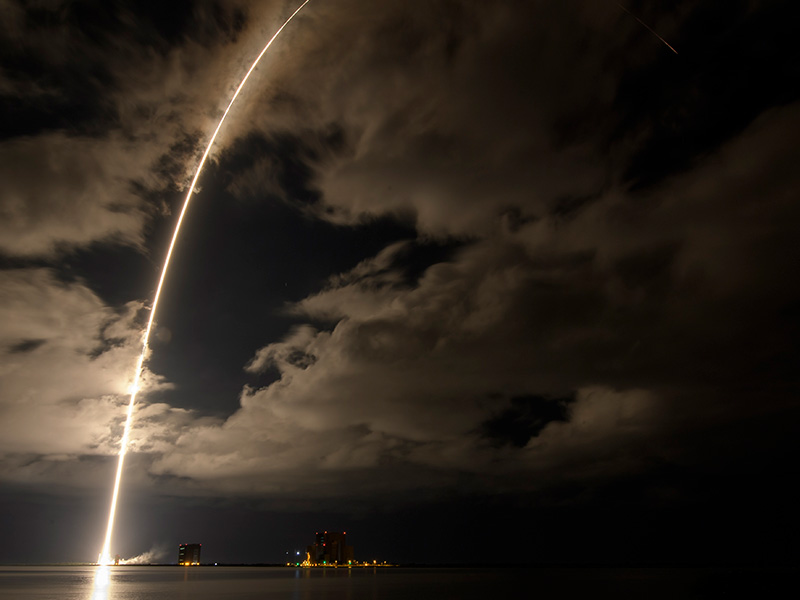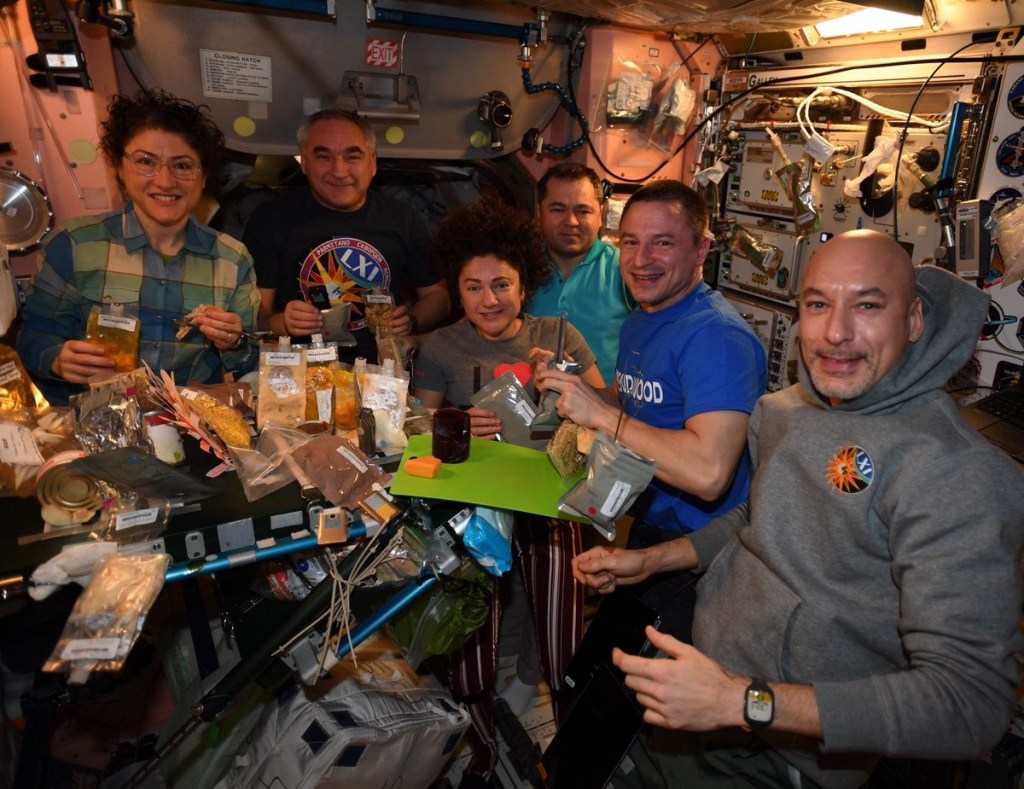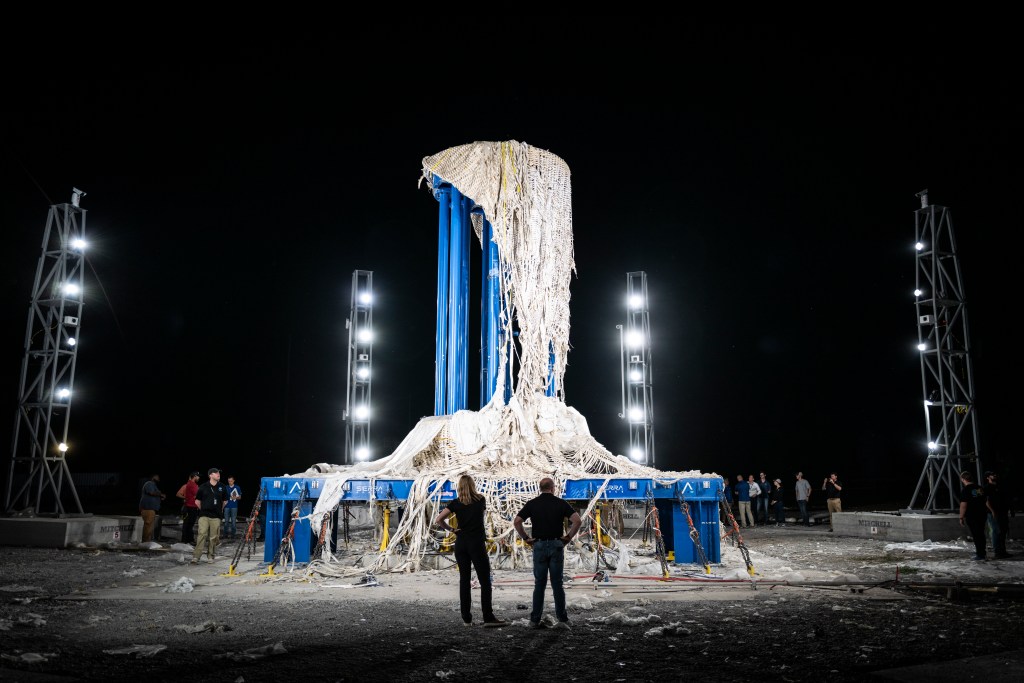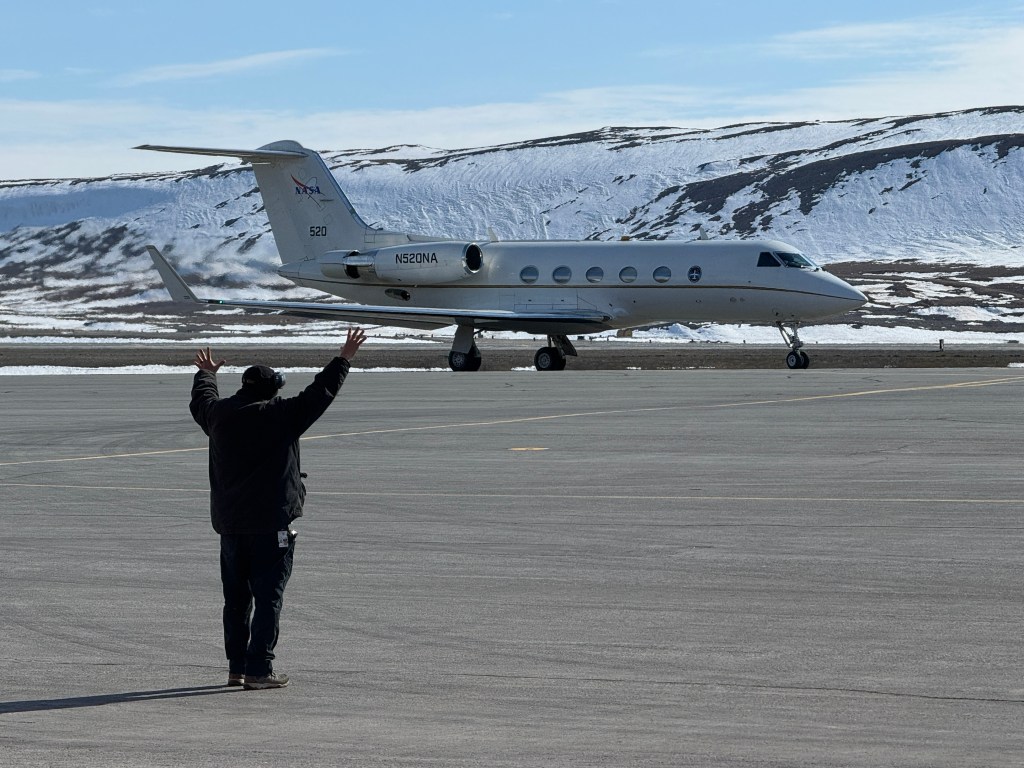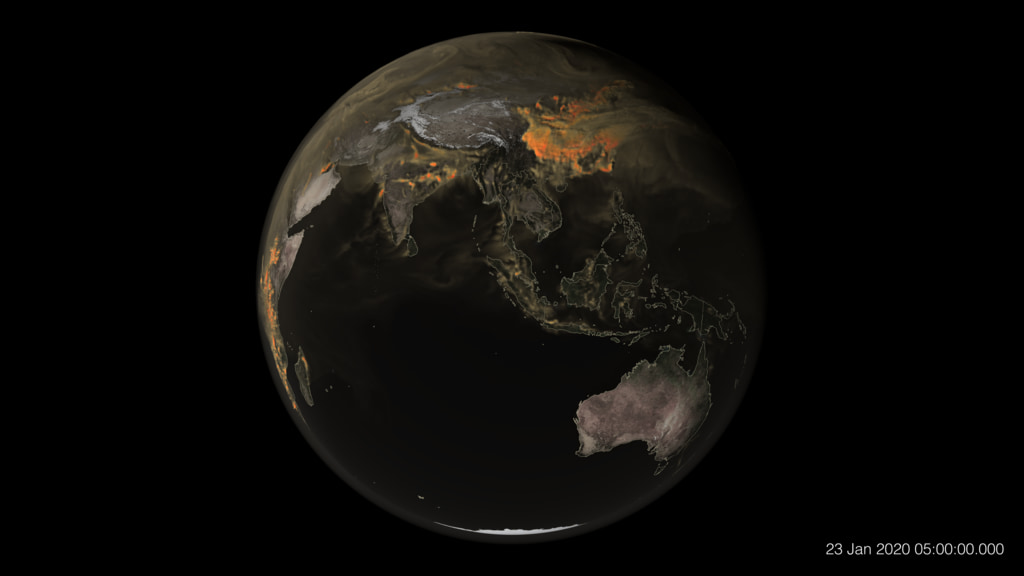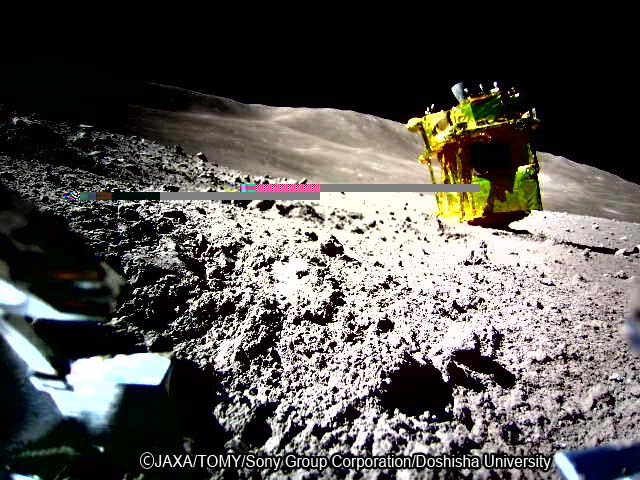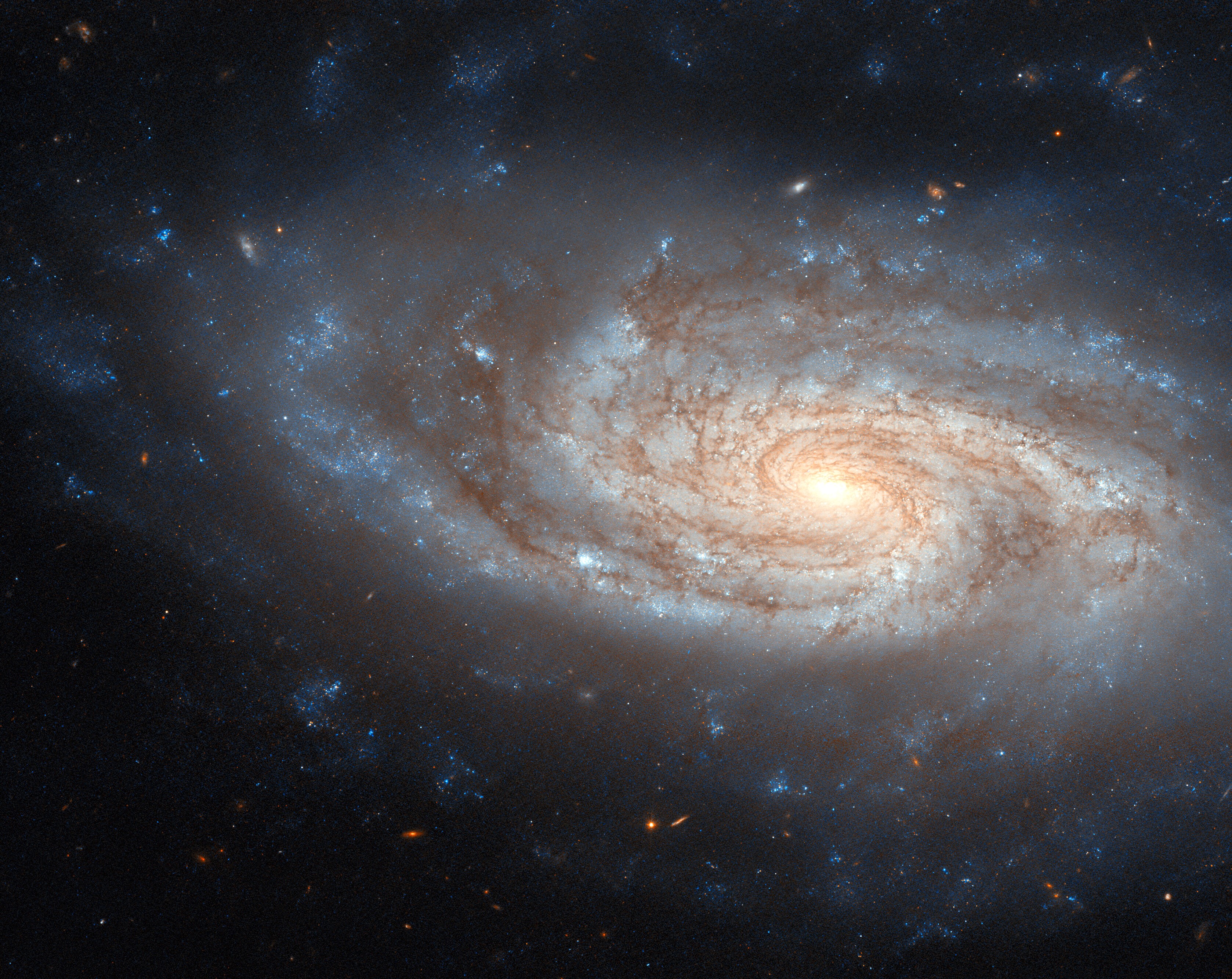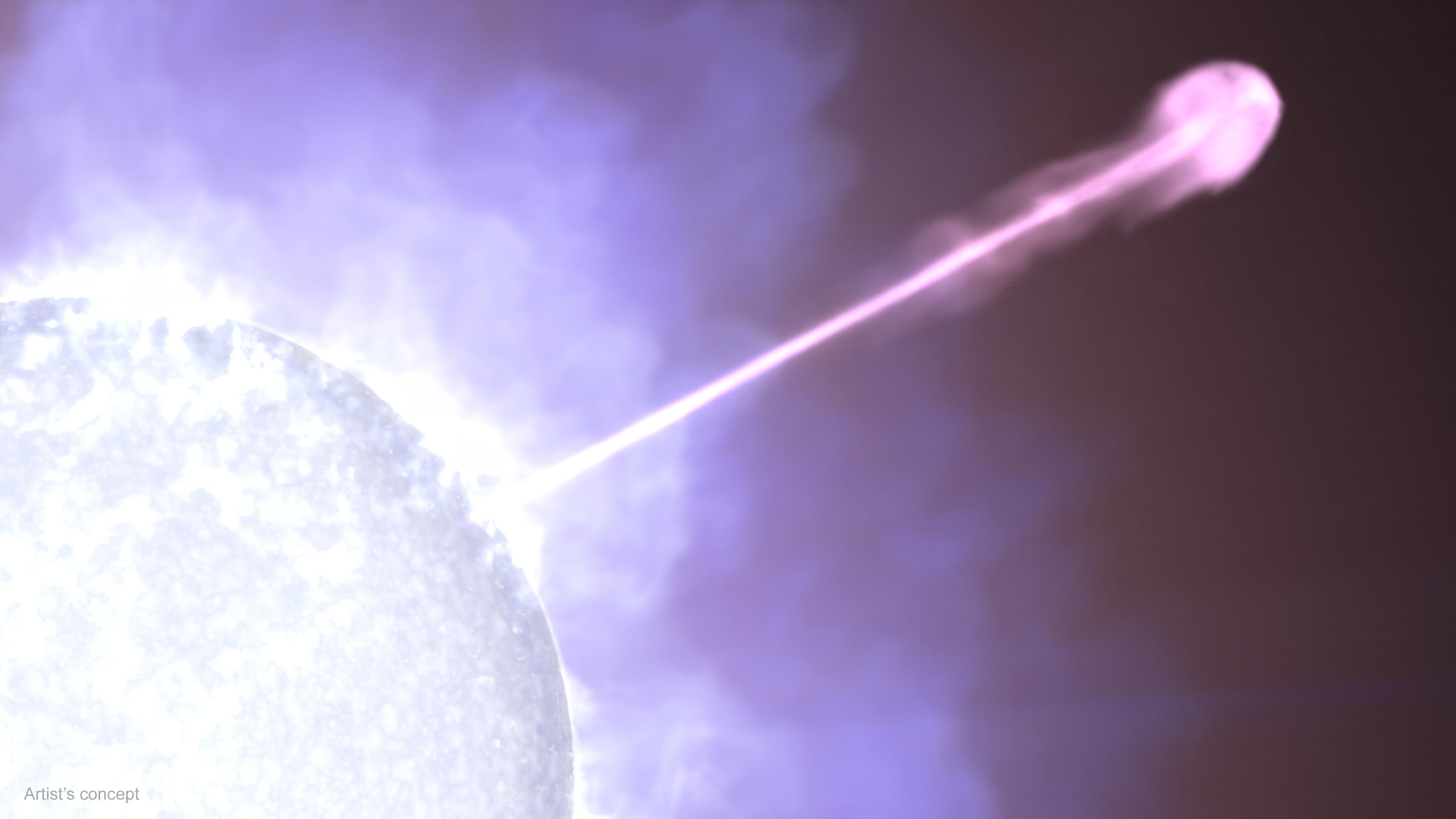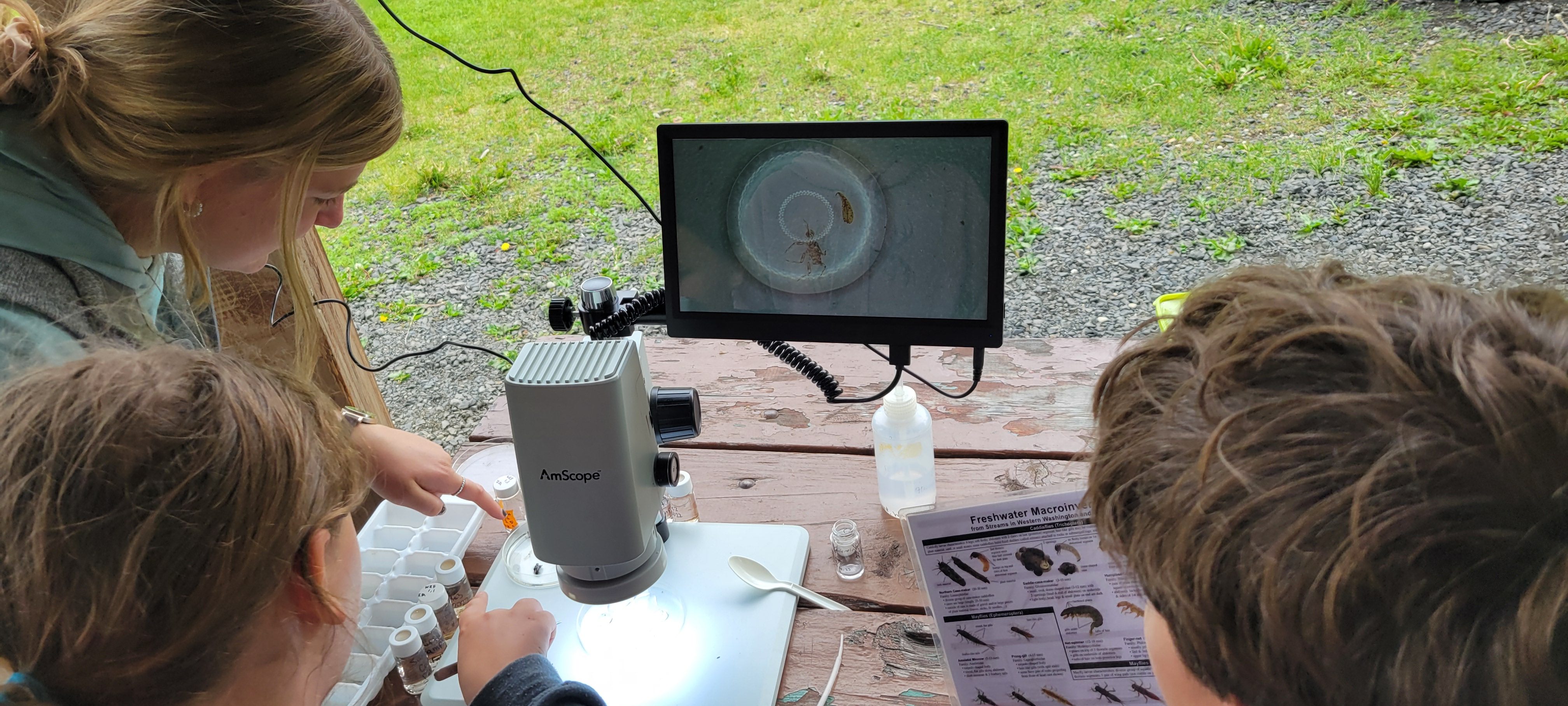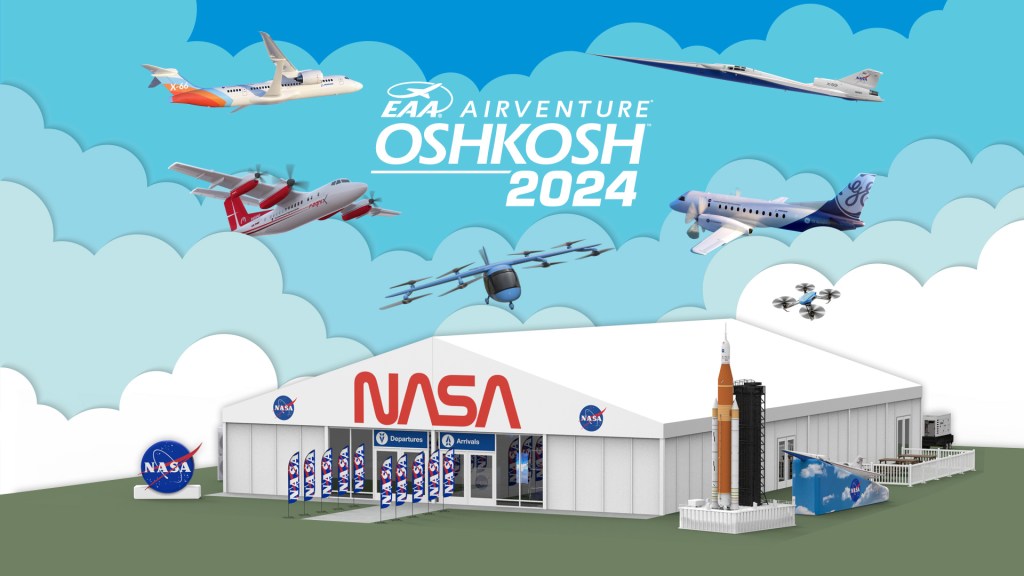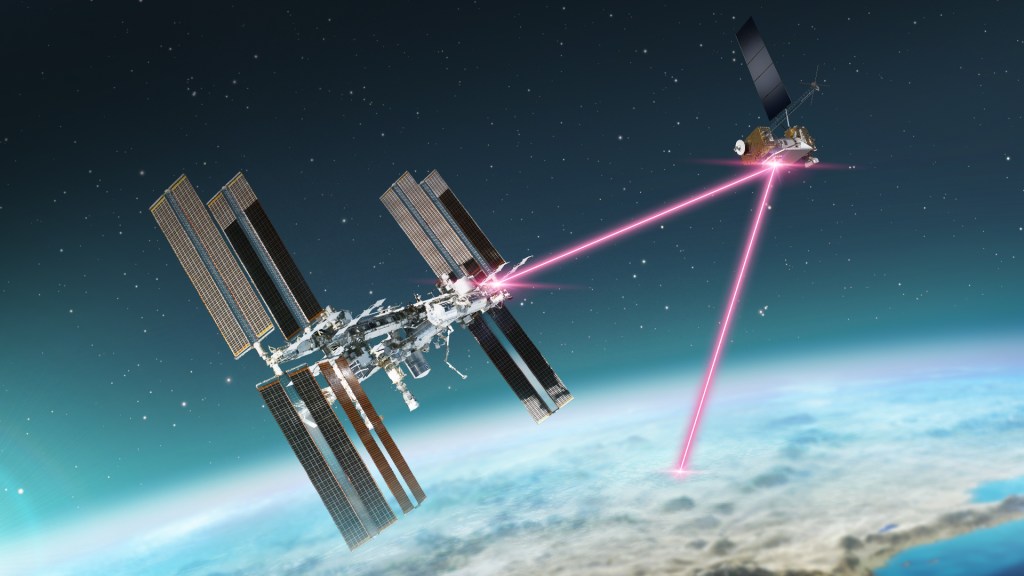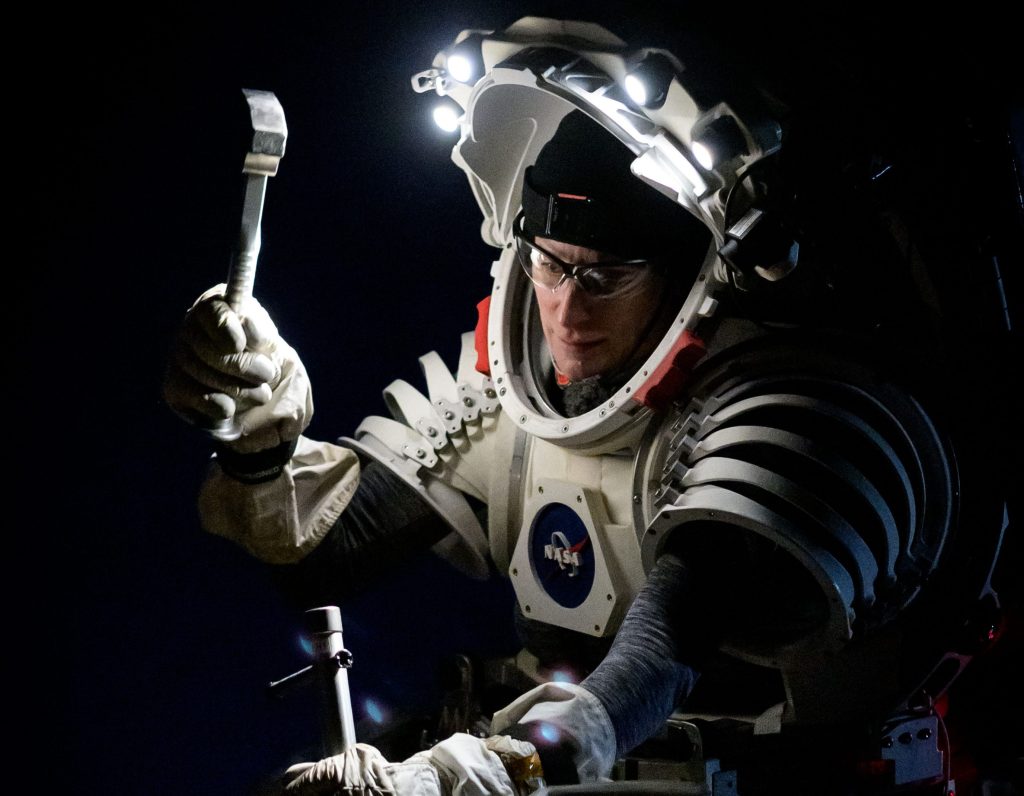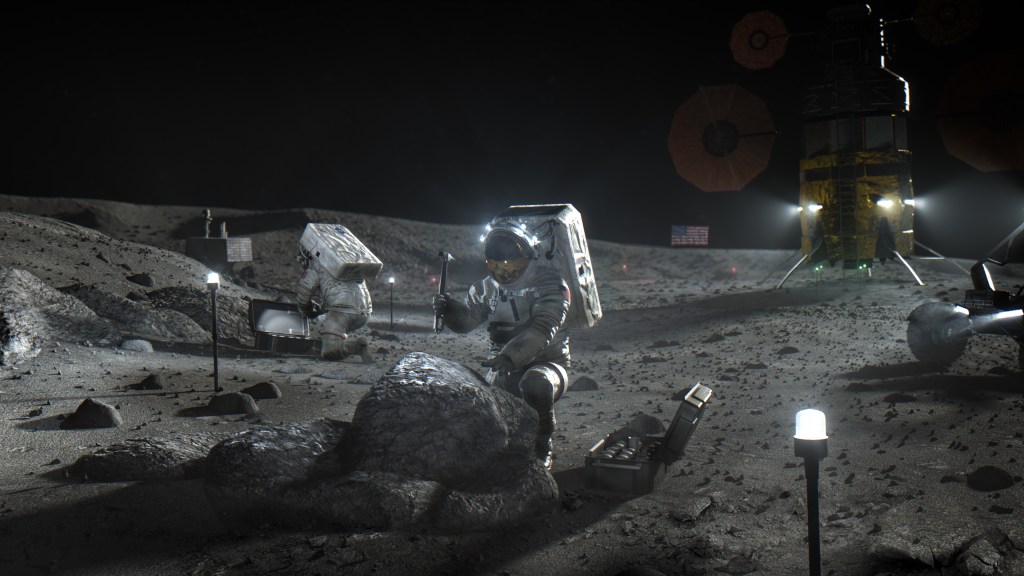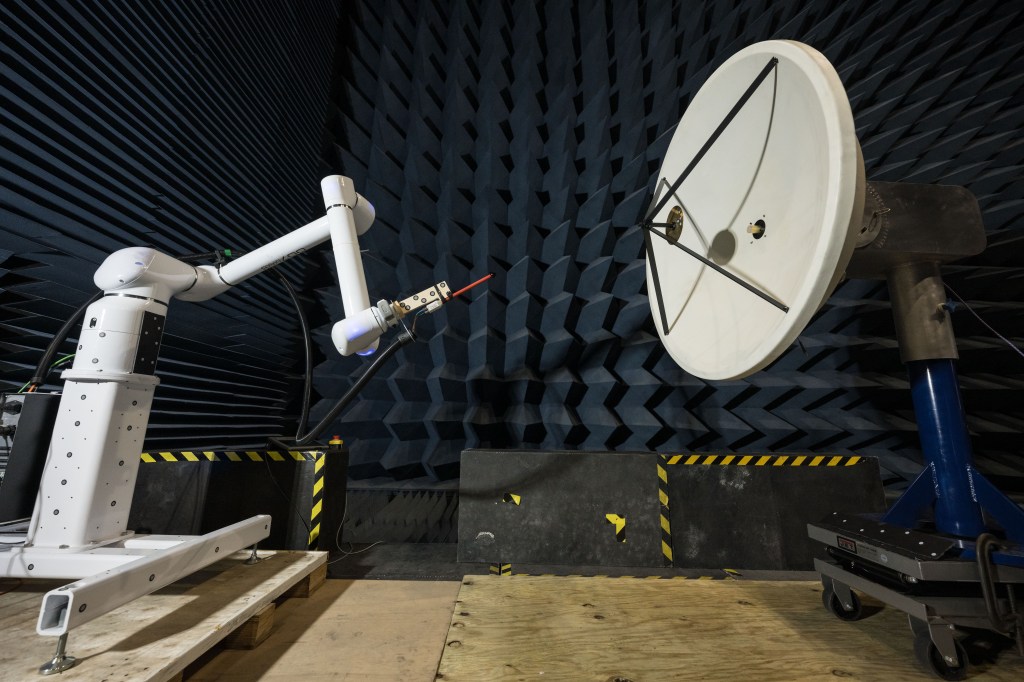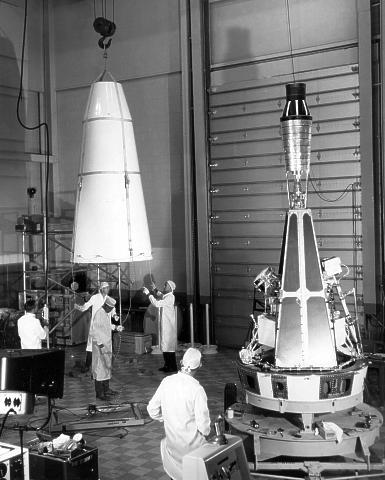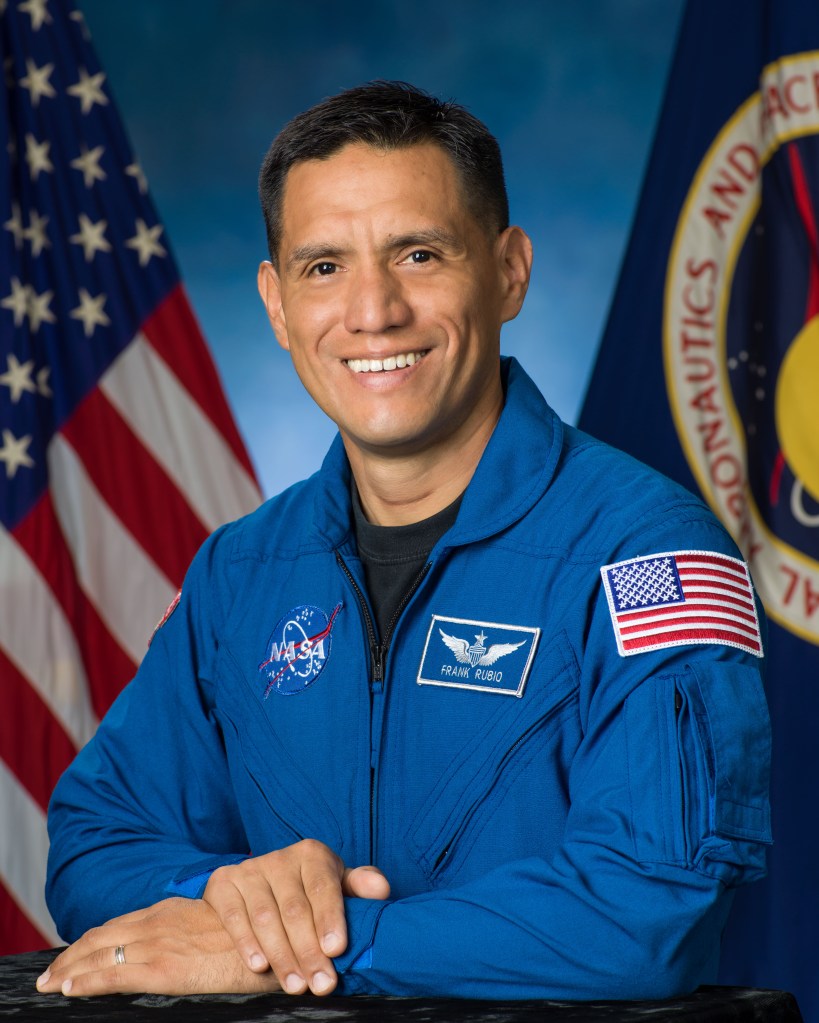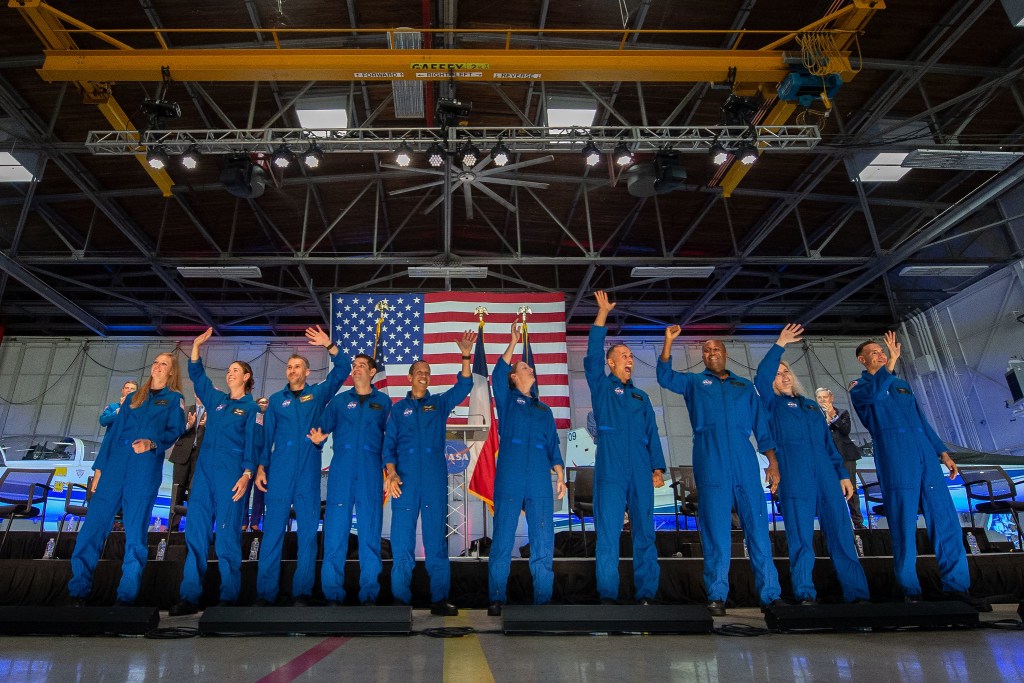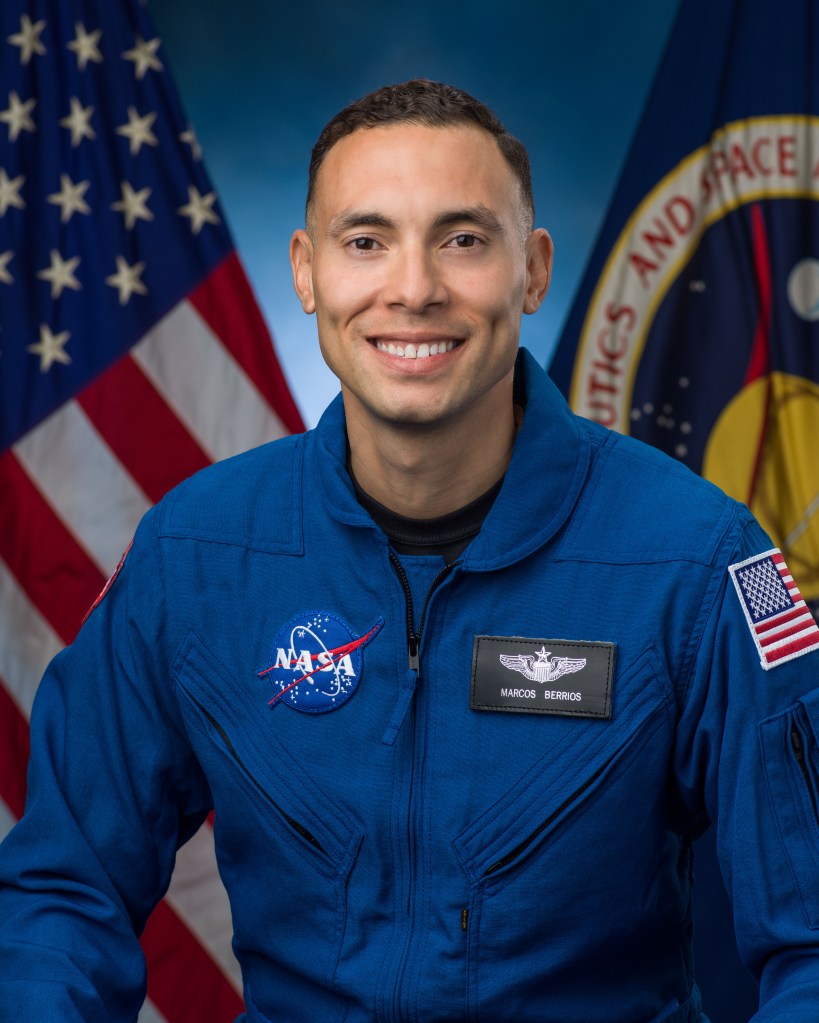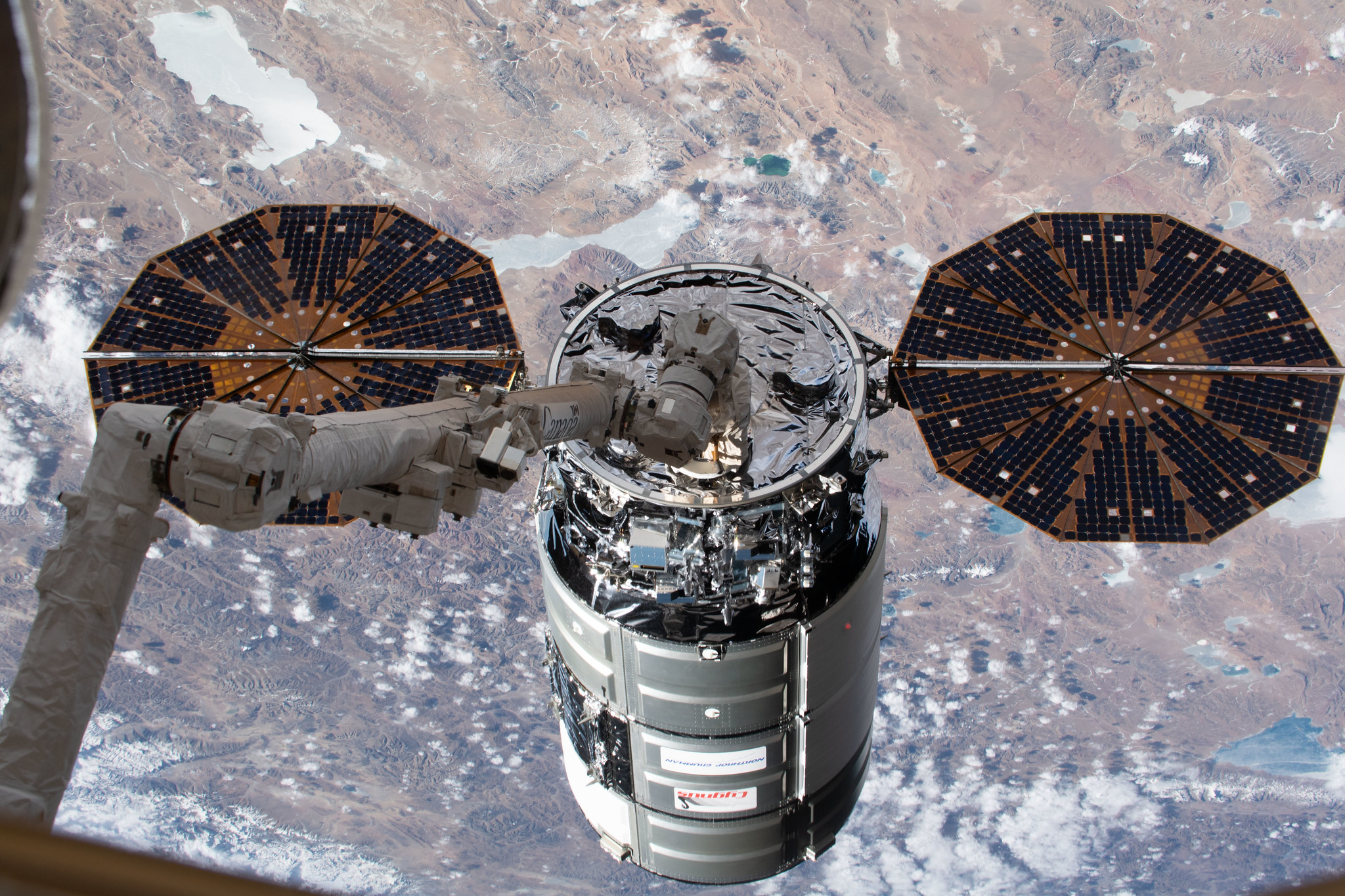NASA, Northrop Grumman, and SpaceX are targeting 11:28 a.m. EDT on Saturday, Aug. 3, for the next launch to deliver science investigations, supplies, and equipment to the International Space Station. This launch is the 21st Northrop Grumman commercial resupply services mission to the orbital laboratory for the agency.
NASA’s live launch coverage will begin at 11:10 a.m. on NASA+, NASA Television, the NASA app, YouTube, and the agency’s website. Learn how to stream NASA TV through a variety of platforms, including social media.
Filled with nearly 8,200 pounds of supplies, the Northrop Grumman Cygnus spacecraft, carried on the SpaceX Falcon 9 rocket, will launch from Space Launch Complex 40 at Cape Canaveral Space Force Station in Florida.
NASA coverage of arrival will begin at 2:30 a.m. Monday, Aug. 5 on NASA+, NASA Television, the NASA app, YouTube, and the agency’s website. NASA astronaut Matthew Dominick will capture Cygnus using the station’s robotic arm, and NASA astronaut Jeanette Epps will act as backup to Dominick. After capture, the spacecraft will be installed on the Unity module’s Earth-facing port.
Highlights of space station research facilitated by delivery aboard this Cygnus are:
- Test articles to evaluate liquid and gas flow through porous media found in space station life support systems.
- A balloon, penny, and hexnut for a new STEMonstration on centripetal force.
- Microorganisms known as Rotifers to examine the effects of spaceflight on DNA repair mechanisms.
- A bioreactor to demonstrate the production of many high-quality blood and immune stem cells.
- Vascularized liver tissue to analyze the development of blood vessels in engineered tissue flown to the space station.
NASA’s CubeSat Launch Initiative also is sending two CubeSats to deploy from the orbiting laboratory, CySat-1 from Iowa State University and DORA (Deployable Optical Receiver Aperture) from Arizona State University, making up ELaNa 52 (Educational Launch of Nanosatellites).
Media interested in speaking to a science subject matter expert, should contact Sandra Jones at sandra.p.jones@nasa.gov.
The Cygnus spacecraft is scheduled to remain at the space station until January when it will depart the orbiting laboratory at which point it will burn up in the Earth’s atmosphere. This spacecraft is named the S.S. Richard “Dick” Scobee after the former NASA astronaut.
NASA’s mission coverage is as follows (all times Eastern and subject to change based on real-time operations):
Friday, Aug. 2
3 p.m. – Prelaunch media teleconference (no earlier than one hour after completion of the Launch Readiness Review) with the following participants:
- Bill Spetch, operations integration manager, NASA’s International Space Station Program
- Meghan Everett, deputy chief scientist, NASA’s International Space Station Program
- Ryan Tintner, vice president, civil space systems, Northrop Grumman
- Jared Metter, director, flight reliability, SpaceX
- Melody Lovin, launch weather officer, Cape Canaveral Space Force Station’s 45th Weather Squadron
Media who wish to participate by phone must request dial-in information by 1 p.m. Aug. 2, by emailing Kennedy’s newsroom at ksc-media-accreditat@mail.nasa.gov.
Audio of the teleconference will stream live on the agency’s website at:
Saturday, Aug. 3:
11:10 a.m. – Launch coverage begins on NASA+, NASA Television, the NASA app, YouTube, and the agency’s website.
11:28 a.m. – Launch
NASA Television launch coverage
Live coverage of the launch on NASA Television will begin at 11:10 a.m., Aug. 3. For downlink information, schedules, and links to streaming video, visit: https://nasa.gov/nasatv.
Audio of the news teleconference and launch coverage will not be carried on the NASA “V” circuits. Launch coverage without NASA TV commentary via a tech feed will not be available for this launch.
NASA website launch coverage
Launch day coverage of the mission will be available on the NASA website. Coverage will include live streaming and blog updates beginning no earlier than 11:10 a.m., Aug. 3, as the countdown milestones occur. On-demand streaming video on NASA+ and photos of the launch will be available shortly after liftoff. For questions about countdown coverage, contact the NASA Kennedy newsroom at 321-867-2468. Follow countdown coverage on our International Space Station blog for updates.
Attend Launch Virtually
Members of the public can register to attend this launch virtually. NASA’s virtual guest program for this mission also includes curated launch resources, notifications about related opportunities or changes, and a stamp for the NASA virtual guest passport following launch.
Engage on Social Media
Let people know you’re watching the mission on X, Facebook, and Instagram by following and tagging these accounts:
X: @NASA, @NASAKennedy, @NASASocial, @Space_Station, @ISS_Research, @ISS_CASIS
Facebook: NASA, NASAKennedy, ISS, ISS National Lab
Instagram: @NASA, @NASAKennedy, @ISS, @ISSNationalLab
Coverage en Espanol
Did you know NASA has a Spanish section called NASA en Espanol? Check out NASA en Espanol on X, Instagram, Facebook, and YouTube for additional mission coverage.
Para obtener información sobre cobertura en español en el Centro Espacial Kennedy o si desea solicitar entrevistas en español, comuníquese con Antonia Jaramillo o Messod Bendayan a: antonia.jaramillobotero@nasa.gov o messod.c.bendayan@nasa.gov.
Learn more about the commercial resupply mission at:
-end-
Claire O’Shea / Josh Finch
Headquarters, Washington
202-358-1100
claire.a.o’shea@nasa.gov / joshua.a.finch@nasa.gov
Stephanie Plucinsky / Steven Siceloff
Kennedy Space Center, Fla.
321-876-2468
stephanie.n.plucinsky@nasa.gov / steven.p.siceloff@nasa.gov
Sandra Jones
Johnson Space Center, Houston
281-483-5111
sandra.p.jones@nasa.gov
Laura Keefe
Northrop Grumman, Cygnus
571-205-0258
laura.keefe@ngc.com


